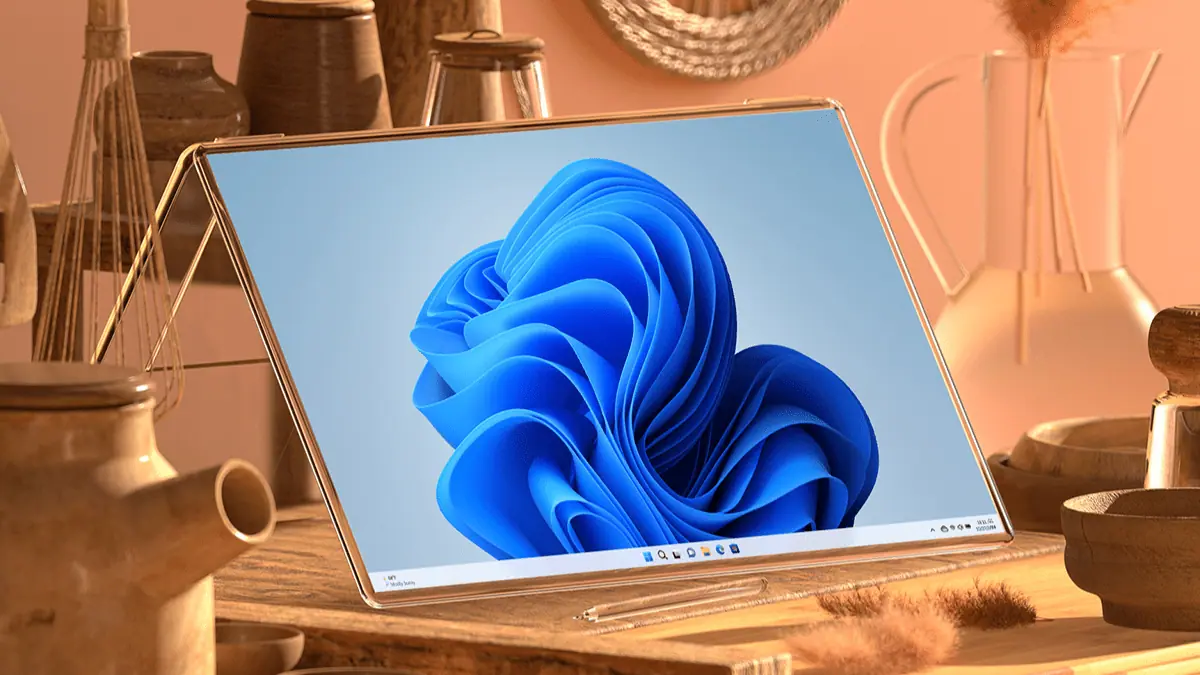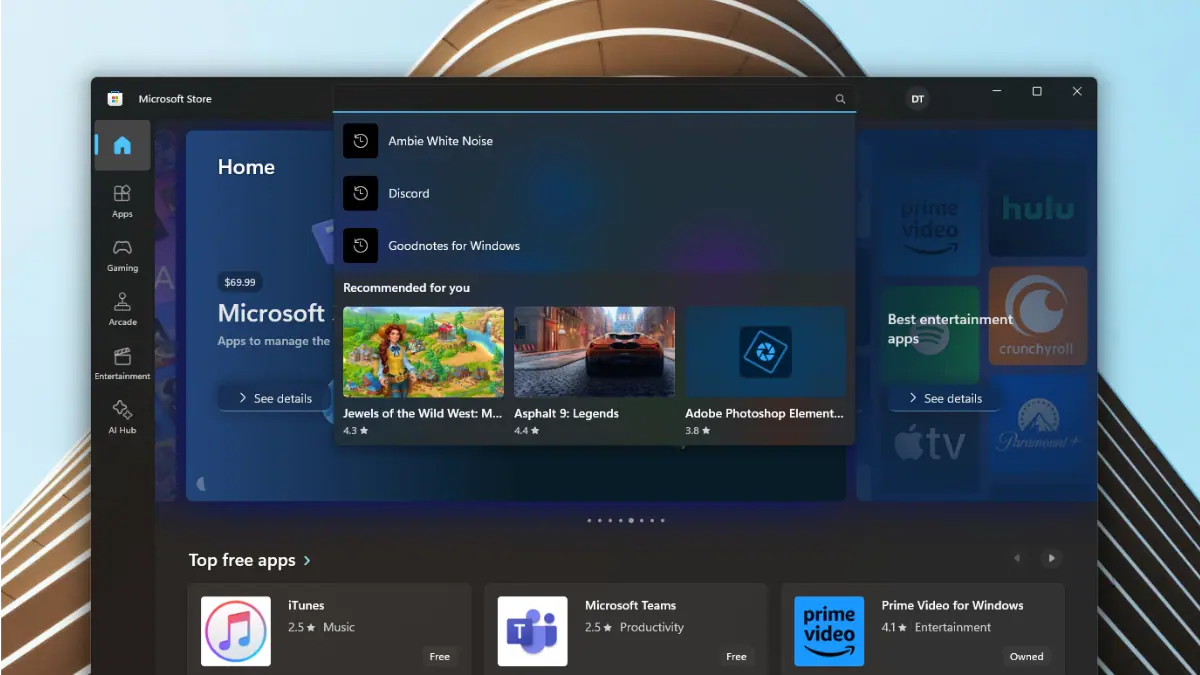Brave joins Google Chrome to bring its browser to Windows ARM devices
2 min. read
Published on
Read our disclosure page to find out how can you help MSPoweruser sustain the editorial team Read more
Key notes
- Privacy-focused Barve browser is now available as a native app on Windows on ARM devices.
- Brave joined Google in introducing its browser for PCs running ARM CPUs.
- Brave for Windows on ARM is available on the Microsoft Store.

Brave doesn’t come near to the popularity Google Chrome has, but the company looks as committed as Google when it comes to supporting Windows on ARM. Brave has recently announced the arrival of its privacy-focused web browser to Windows devices running on ARM processors.
Mihai Plesa, who is a DevOps Engineer and developer at Brave, posted on X (previously known as Twitter) that “ARM64 Brave on Windows is now stable and offers native performance.” The Brave web browser for Windows on ARM is available for download on the Microsoft Store. You can also get it from the company’s GitHub page.
Windows on ARM initiative has existed for a long time, but it’s only recently that we’ve seen some big announcements happening in this space. Google first brought Chrome browser to Windows ARM PCs, and now, Brave moving in the same direction. Well, all of this is happening because of the coming together of Microsoft and Qualcomm in making Windows 11 well-optimized for the Snapdragon X Elite ARM chipset, which is expected to launch alongside the release of the next version of Windows coming in mid-2024.
The Snapdragon X Elite is based on the company’s Oryon architecture and targets mobile segments, including laptops. What can be seen as an encouraging sign is that the X Elite beat the Apple M2 chip in several benchmarks. Besides Qualcomm, AMD and Nividia are also expected to bring their ARM chips in the coming years.
While Snapdragon X Elite benchmark results are promising, only time will tell whether it manages to run Windows as efficiently as Intel processors. But for Google and Brave, both companies want to make sure that their web browsers are available on Windows devices running ARM CPUs from Day One.








